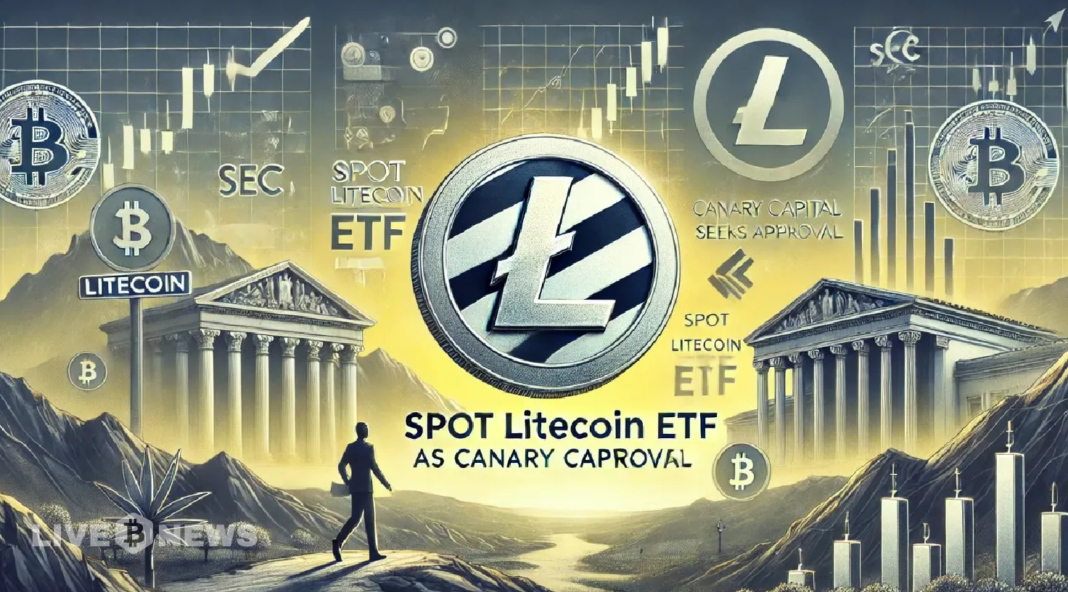Canary Capital proposes a Litecoin ETF following its XRP filing, aiming to expand crypto ETF offerings despite regulatory challenges.
Canary Capital has unveiled plans to launch a Litecoin-focused exchange-traded fund (ETF) just one week after filing for an XRP ETF. The proposed Canary Litecoin ETF, outlined in a filing on Tuesday, aims to hold Litecoin (LTC) and determine its net asset value (NAV) every business day based on the CoinDesk Litecoin Price Index. This marks another significant step for Canary Capital as it expands its crypto-focused offerings.
Litecoin has existed for 13 years now and is ranked as the 27th cryptocurrency by market capitalization, which is slightly over $5.3 billion. According to Canary Capital, Litecoin’s security and business applications explain why it could appeal to institutional investors. Moreover, a company representative stated that Litecoin remains a reliable foundation for the rest of the crypto market, which adds value to the asset for investors of various types.
Litecoin ETF Proposal Faces Regulatory Challenges
This Litecoin ETF proposal follows Canary Capital’s filing for approval for an XRP ETF. It is also consistent with other fund managers’ filings, including the one filed by Bitwise, which seeks to establish a new XRP-based product. In addition, to extend the crypto ETF variety beyond Bitcoin and Ethereum, firms such as VanEck and 21Shares have recently filed to launch ETFs that would invest in Solana (SOL) directly.
However, these proposals meet with this challenge of regulation. However, before an ETF can be launched, the application has to go through the U.S. Securities and Exchange Commission (SEC), which can take anywhere between a few months. Although the SEC has approved spot Bitcoin and Ethereum ETFs in recent months, some industry experts fear that other ETFs that track other tokens like Litecoin, XRP, or Solana, may experience difficulties. Before approving spot crypto ETFs, the SEC has always wanted a regulated futures market for the underlying asset. Previously, they have only been available for Bitcoin and Ethereum but not Litecoin or XRP.
However, Canary Capital sees these as potential problems it is willing to face in the investment process. A company representative said last week that the approval of spot Bitcoin and Ethereum ETFs points to a more relaxed regulatory landscape. The approval of Ethereum ETFs follows the earlier Bitcoin approvals. As a result, this provides hope for future progress in the sector. Canary Capital is optimistic that this positive momentum will extend to its upcoming crypto ETF proposals.



